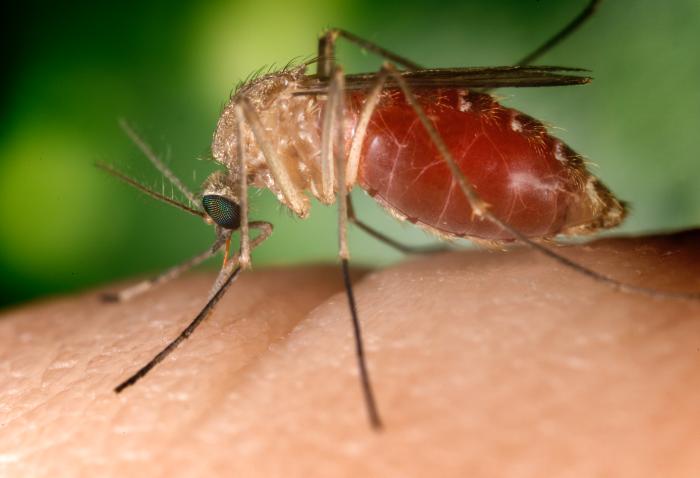Five things you need to know about Zika
 A relatively new mosquito-borne virus is prompting worldwide concern because of an alarming connection to a neurological birth disorder and the rapid spread of the virus across the globe.
A relatively new mosquito-borne virus is prompting worldwide concern because of an alarming connection to a neurological birth disorder and the rapid spread of the virus across the globe.
World Health Organization Director-General Margaret Chan called it an “extraordinary event” Monday in declaring a public health emergency.
“I am now declaring that the recent cluster of microcephaly and other neurological abnormalities reported in Latin America following a similar cluster in French Polynesia in 2014 constitutes a public health emergency of international concern,” she said.
The Zika virus, transmitted by the aggressive Aedes aegypti mosquito, has now spread to at least 24 countries. WHO estimates 3 million to 4 million people across the Americas will be infected with the virus in the next year. The Centers for Disease Control and Prevention is warning pregnant women against travel to those areas; health officials in several of those countries are telling female citizens to avoid becoming pregnant, in some cases for up to two years.
“As long as the mosquito keeps reproducing, each and every one of us is losing the battle against the mosquito,” Brazilian President Dilma Rousseff said on Friday. “We have to mobilize so we do not lose this battle.”
The U.S. Defense Department is offering voluntary relocation to pregnant employees and their beneficiaries who are stationed in affected areas.
“That’s a pandemic in progress,” said Dr. Anthony Fauci, director of the National Institute of Allergy and Infectious Diseases at the National Institutes of Health. “It isn’t as if it’s turning around and dying out, it’s getting worse and worse as the days go by.”
Peru became the most recent country to report a Zika case, with its health minister saying Friday that the country’s National Institute of Health confirmed the virus in a Venezuelan patient who came to Peru from Colombia
